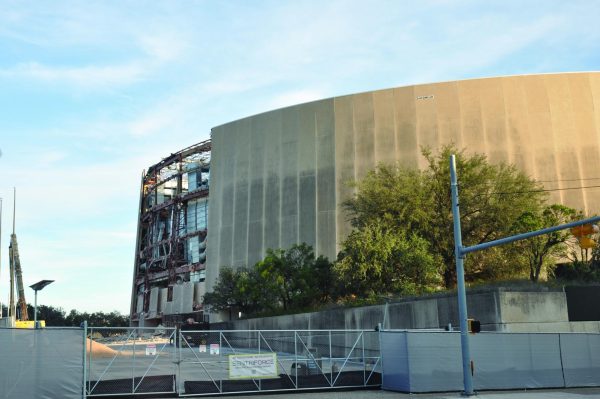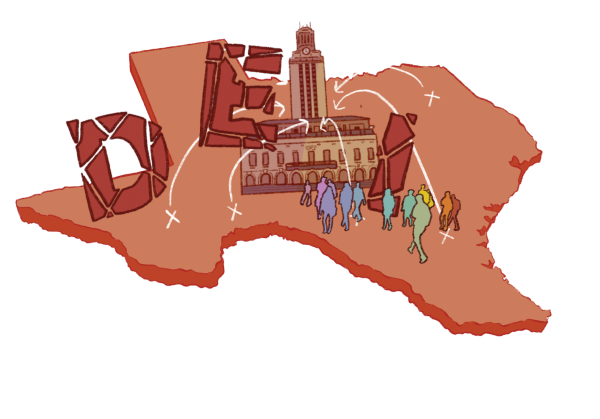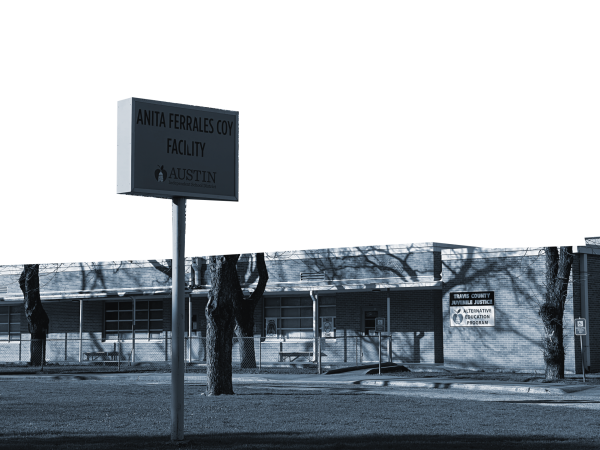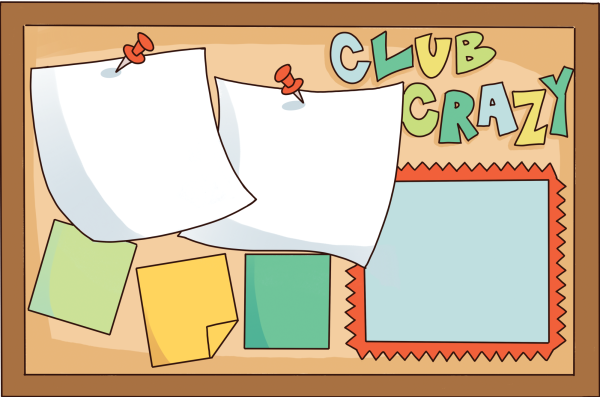Small Businesses and the COVID-19 Pandemic
February 24, 2021
Small, local and independent businesses are often affected by large global-scale events such as the current pandemic caused by the COVID-19 disease, according to Small Business Trends. From the cancellation of SXSW and ACL to the restrictions placed on indoor dining and mask mandates, Austin small business has seen changes from 2019. The City of Austin and Travis County have received a total of $224.8 million through the Coronavirus Aid, Relief, and Economic Security (CARES) Act, with more seemingly on the way. Some of this federal aid has gone to small businesses through programs like the Paycheck Protection Program and other locally administered grants.
Dixie Patrick, the executive director of the Austin Independent Business Alliance, a local business advocacy group, said she is more than aware of the financial situation confronting the City of Austin as regards small business. Even with the CARES Act, Patrick said she is concerned about the future of government aid to small businesses.
“The city just doesn’t have enough money to save all the small businesses indefinitely,” Patrick said. “That’s a really hard truth.”
The City of Austin has been distributing more than money to small businesses, according to Phil Thoden, president of the Austin Branch of the Associated General Contractors of America, a vertical construction association. Thoden said that his industry has received plenty of non-monetary assistance from the city.
“They were helpful, and we worked with City Council to procure, for example, the masks,” Thoden said. “We had over 1,000-2,000 masks that we distributed.”
Many small businesses have been pivoting on their own according to Brian Stubbs, owner of Genuine Article, a restaurant services company. Stubbs said he has many clients who have shifted their business a bit.
“I have a client, they were able to become a small grocery store, and early on, HEB was overwhelmed with their curbside,” Stubbs said. “So in some respects, it was interesting to see how just selling butter and milk and cheese and bread became a pivot, a way for them to move product and help their guests get what they needed, the staples, when we couldn’t go inside grocery stores.”
Patrick said that protecting Austin’s eccentricity is a priority that local business is often promoting, which becomes an even larger priority during a worldwide economic slowdown. Protecting local economic boosters becomes even more important during a pandemic, according to The Economist.
“I know how easy it is to use the Starbucks app, but every time I choose to buy coffee at Texas Coffee Traders instead of going through the Starbucks line, it’s a small choice to me,” Patrick said. “That’s a huge choice to the business.”
According to the U.S. Bureau of Labor Statistics, about 6% of Austin’s workforce works in construction. Thoden said that even though quite a lot of contractors around the country are nervous about the prospects for future work, he is cautiously optimistic.
“What we typically see here in Austin is that we are a bubble, if you will, for construction,” Thoden said. “What I mean by that is other parts of the country are suffering more from pauses in construction activity due to the overall uncertainty of COVID and the way things are changing as far as people gathering in offices, et cetera.”
Thoden said that it is a common theme amongst those representing a small business in Austin that this metro area, even through this pain, is still fundamentally strong. The Texas economy is doing better than many others in the country, according to the Federal Reserve, and the construction industry is no different, according to the 2021 Construction Outlook for Builders.
“I have no doubt that the economy of Austin will recover and will do just fine,” Patrick said. “My fear is, when this is all over and the dust has settled, that because our local and independent businesses don’t have that structural framework to prop them up that some of the chain stores and franchises have, that Austin will turn into a city that doesn’t look like itself.”
Even though the future prospects for Austin businesses are strong, according to Patrick, many businesses are still currently feeling the pinch. The industries that are feeling this pressure may not just be the local restaurant around the corner, Stubbs said.
“It’s not just restaurants, it’s any occupancy-based business, any business that relies on people coming inside of its doors or its gates, music venues, restaurants, bars,” Stubbs said. “I just feel like they deserve targeted relief to that industry because they obviously were the most negatively affected by an airborne virus, and it was totally out of their control. They woke up on March 15th and were told that they couldn’t be open in a lot of respects. I think the targeted relief to those types of businesses is important.”
There are still some bright spots, even in the current business climate in the city, Thoden said. Hospitality businesses only employ 12.1% of Austin workers, according to the Austin Chamber of Commerce.
“Warehouses are doing pretty well,” Thoden said. “And then you have the real big black swan kind of events that are very rare, like Tesla setting up a gigafactory here. That’s going to spin off a lot of different construction activities related to the motor car industry and e-vehicles.”
According to Stubbs, Austin business comprises a plurality of different businesses, both those thriving right now and those just barely surviving. At the end of the day, Stubbs said, even for the hardest-hit businesses, when the re-opening finally happens, Austin is poised to explode.
“Because of Austin’s growth, because of Austin’s professional class, because of Austin’s economics and then ultimately, because of our weather, I’m pretty confident that if the vaccine rollout timelines are met,by fall, I have a feeling that there will be a lot of pent-up demand,” Stubbs said. “And I think that a lot of people will be anxious to go have dinner and go see music with their friends when they know that they’ve been vaccinated.”









